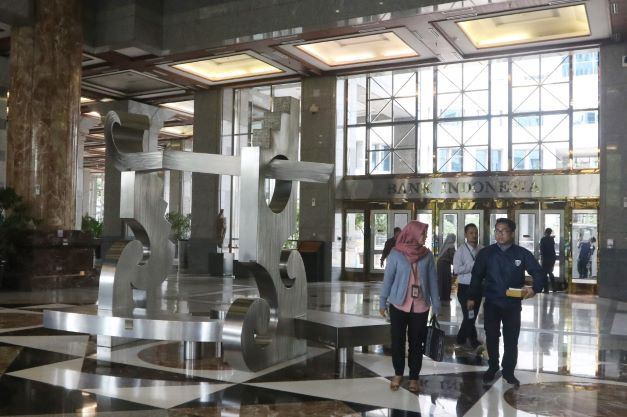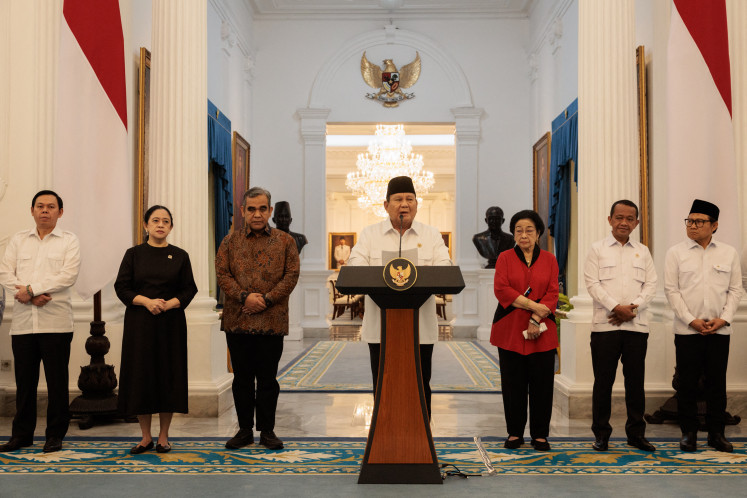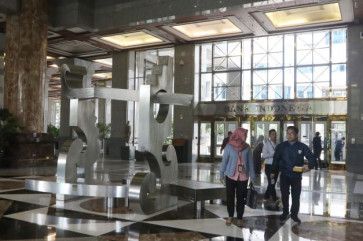Popular Reads
Top Results
Can't find what you're looking for?
View all search resultsPopular Reads
Top Results
Can't find what you're looking for?
View all search resultsIs the increase in policy rate harmful to economic growth?
The increase in BI's policy interest rates will continue to have an impact on controlling inflation if it is accompanied by exchange-rate stability.
Change text size
Gift Premium Articles
to Anyone
The speculation over the increase in the policy rate, the 7-day reverse-repo rate, has been answered. The high domestic inflation rate seems to have changed the direction of Bank Indonesia's (BI) monetary policy. The headline inflation rate in July, which amounted to 4.94 percent, has exceeded the upper limit of BI's target.
Core inflation, which is the basis for BI's reference in determining the policy rate, is relatively low at 2.86 percent. It indicates that people's purchasing power has not fully recovered from exposure to the impact of the COVID-19 pandemic. However, higher-than-expected economic growth in the second quarter accelerated BI to tighten monetary policy.
Various external factors are also an important determinant. Since the beginning of the current year, the United States Federal Reserve has raised its rate several times with varying magnitudes. The Fed Funds Rate is currently at the level of 2.25-2.5 percent.
Peer emerging-market countries, such as India, South Africa, Malaysia and the Philippines, have already increased their policy rates. Suppressing foreign capital “turning right” toward the US is a logical reason to stabilize the domestic currency-exchange rate.
The increase in the policy rate is an extra incentive for the inflow of foreign capital, which in turn strengthens the foreign-exchange reserves. The sufficiency of foreign-exchange reserves provides market participants with a sense of security against the exchange-rate fluctuations.
In addition, the government plans to increase the prices of subsidized fuel. The unpopular policy is believed to trigger the rate of inflation. An increase in the policy rate is projected to anchor inflation expectations going forward.



















